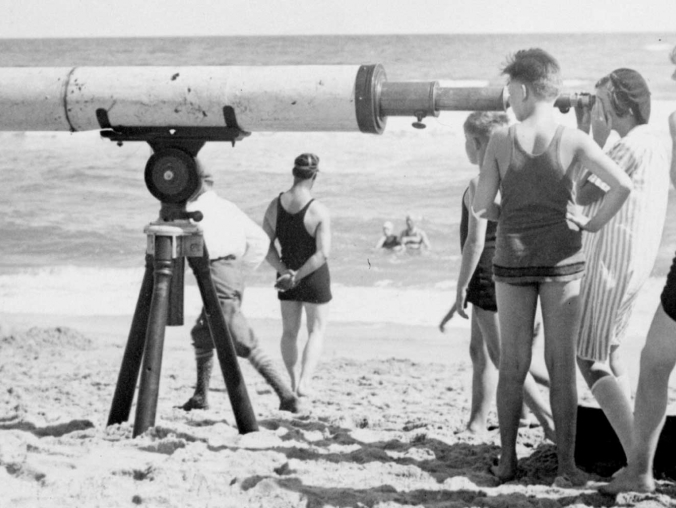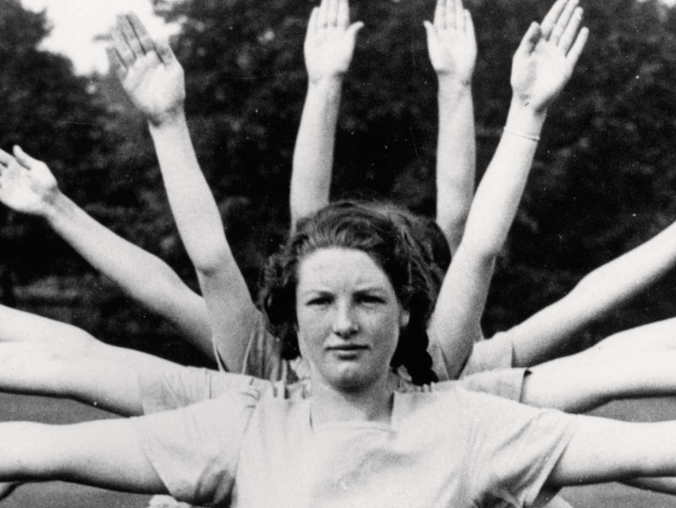

Five ways to save for your first house deposit
Saving for a deposit is one of the biggest obstacles in getting onto the property ladder, but being aware of the many options available may help you to reach the sum you need
First time buyers across the UK put down deposits worth an average of £32,899 in the first six months of 2017, while in London the average figure was a staggering £106,577. Securing the deposit you need can be a daunting prospect, but there are ways to make the task a little easier.
1. Fast-track your savings potential
Many young people understandably want to live independently from their parents as soon as possible, but forking out for a big rent bill every month doesn’t leave much money to save for a deposit.
According to Hamptons International’s Time to Save Index, released in 2016, moving back home could reduce the time it takes a single first-time buyer in England and Wales to save for a deposit from 13 years to nine years. Meanwhile, a couple moving back home could reduce the time taken to save up from three and a half years to 18 months.
2. Shared ownership schemes
If you are struggling to build up a deposit and to afford the mortgage on a whole property, you could buy just a portion. Shared ownership enables you to buy between 25% and 75% of a property from a housing association, and pay rent on the remainder. You will still need a deposit, but the amount you have to save will be smaller, and in proportion with the amount you are buying. If you were planning to borrow a 90% mortgage on a 50% share of a £200,000 house, you would have to put down a £10,000 deposit rather than the £20,000 you’d need if you were buying the whole property.
For information about the scheme visit https://www.helptobuy.gov.uk/shared-ownership/, or to find out more about the pros and cons of shared ownership visit http://hoa.org.uk/advice/guides-for-homeowners/i-am-buying/shared-ownership-what-to-watch-out-for/.
3. Regular savings
People find it hard to save. According to the Money Advice Service’s Savings evidence review, released in July 2017, four in 10 UK adults have less than £500 in savings to cover an unexpected bill. Furthermore, almost 75% of working-age people in the UK do not have a savings buffer equal to or exceeding three months’ worth of income.
You can make it easier to save by setting up a monthly standing order so your savings are transferred into your savings account as soon as your salary is paid. The best savings rates can be found in the money section of your newspaper, or on a financial product comparison website.
4. Get a government boost
The government offers two ISAs – tax-free savings accounts – designed to help you build up a deposit for your first home. Savings in a Help to Buy ISA are boosted by 25% with a bonus paid by the government. You can deposit a lump sum of up to £1,200 to start with, and then up to £200 a month in this type of ISA. To qualify for the minimum bonus of £400 you must save a minimum of £1,600, but you could benefit from the maximum bonus of £3,000 if you manage to save £12,000.
The Lifetime ISA (LISA) can be used for one of two purposes – buying your first home or saving for later life. Savings into this ISA also benefit from a 25% bonus from the government, and you can save up to £4,000 a year until you are 50. If you are considering this option it is good to act earlier rather than later, as you cannot open a LISA once you turn 40.
For more information on Help to Buy ISAs visit https://www.helptobuy.gov.uk/help-to-buy-isa/how-does-it-work/, and for Lifetime ISAs visit https://www.gov.uk/lifetime-isa.
5. The bank of mum and dad
If the methods above aren’t feasible in the time you have, your parents might be able to help. The ‘bank of mum and dad’ is expected to stump up £6.5bn this year alone, helping nearly two thirds of homebuyers aged 35 or under. If they do not want to give you an outright gift, they could lend the money to you, drawing up a contract setting out the terms for repayment and interest payable. Alternatively, they could act as mortgage guarantors, joint borrowers or offset their savings against your mortgage to reduce the amount of interest you have to pay every month.
More for you

Easy steps to help you save for your future
Saving for the future can seem like a daunting task if you’re on a fixed budget or low income, but there are a number of simple steps you can take to help
MORE
Insight into Work: come and work with us!
Our Insight into Work programme means members and their families can experience work at Royal London. Five of our newest candidates tell us about their time working with us
MORE
Top 10: tips to manage your money
If you struggle to manage your money and have little saved, you are not alone
MORE


